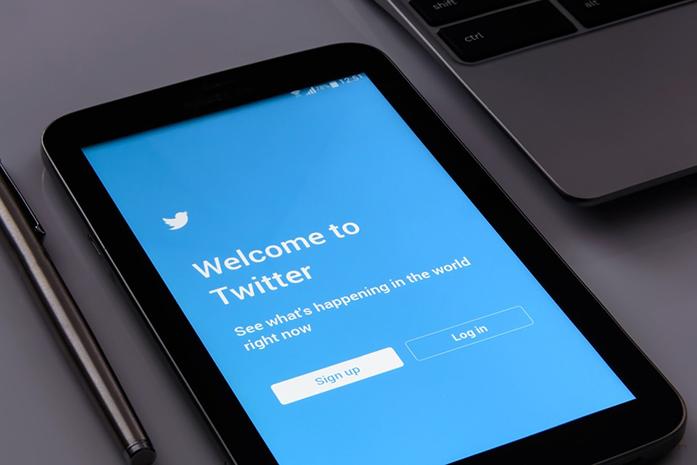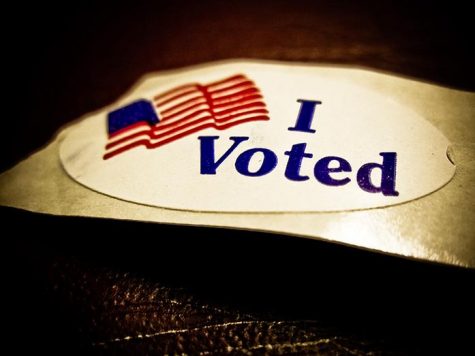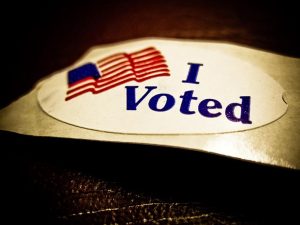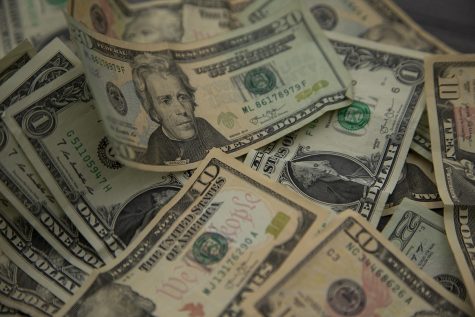Banerjee: The case against internet superstars
We afford internet celebrities a surprising amount of power for relatively insignificant actions and impacts, leading their role in culture to be blown out of proportion.
October 25, 2018
Social-media stars, Instagram influencers, ex-Vine comedians — our timelines are full of various people who have some way or another briefly captured the world’s attention through jokes, photos, or actions.
While often people tend to attract fame for their poor actions, the right one can frame them in a very particular internet stratosphere. If people do something nice on social media, such as pet a deer, they are elevated to a position of influence above others. They attract millions of followers, dozens of brand sponsorships, and a plethora of clickbait-esque articles applauding them. But the question remains: What are they actually becoming famous for?
There are an estimated 330 million monthly active users on Twitter and an estimated 1 billion monthly active users on Instagram. This combined user base means that social-media stars get an enormous platform on which to spread their image and actions.
However, that platform is largely unprecedented. Never before have people been able to reach such a huge number of other people with relatively very little effort. The obligation put on the backs of relatively regular people is immense as they’re suddenly held up to impossible standards and put under the microscope of millions of eyes.
RELATED: Jaimes: Celebrity activism should be criticized on a case-by-case basis
Most recently, Kelvin Peña, better known as Brother Nature on Twitter, has been forced to take a public stance on a variety of tweets from 2011 and 2012 in which racist, sexist, and anti-Semitic content was unearthed. These tweets, while heinous, were tweeted when Peña was 12 — not even fully a teenager. The majority of the problems the public found with these tweets seemed to be less centered on the content but more on the perpetrator.
Because Peña had established himself as a “Snow White” figure, his devoted following was aghast to see these tweets unearthed. He isn’t the only one whose mistakes are being called out in a public scene, nor the first. But his persona is solely built on kind videos and actions, and without that façade, he holds no political or community sway.
While no one is arguing whether or not Peña’s tweets are objectively bad, they are, however, from eight years ago. No one would hold the average person to what her or his middle-school self said. Attacking social-media stars for what they said as a preteen as if they’re political figures running for office is pointless. The very act of “calling someone out” positions them in a place of inherent power. To assume a social standing from which they can fall means they must have some level of influence in the first place.
By treating entertainment accounts as people who can hold actual sway, we set ourselves up for disappointment. We should certainly care about whom we spend our time watching, but we should levy that power carefully. Instead of expecting perfection from YouTube comedians, we would reap more benefits from understanding that people are not perfect, and our favorite online creatives have the same foibles as anyone else. Especially as young kids who don’t fully have their lives sorted out.
RELATED: Leonard: Clickbait for political incentive is getting ridiculous
But it’s important to note that addressing genuine issues with content creators is certainly not pointless in all cases. Callouts should come from an informed standpoint: While Peña’s tweets at age 12 may not truly reflect who he is now, Shane Dawson, in contrast, and his history of anti-black videos are a better target for condemnation simply because he was actively putting them out as an adult content creator.
The way we treat internet celebrities is a very toxic system that inevitably leads to discomfort and disappointment from audiences when idealized people fail to live up to our expectations. We should question who we see online but within reason. Peña’s 8-year-old tweets are a lot less important than the mistakes others make as adults. Elevating internet stars too high gives them an abnormal amount of power that is rarely properly treated.



















